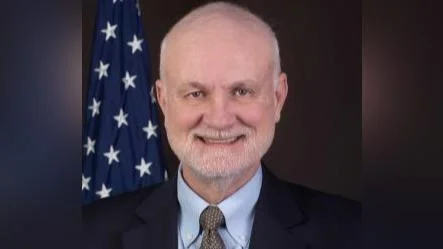The Catholic Church maintains a balanced view on the subject of miracles, rejecting both the notion that every believer can perform miracles and the idea that miracles ceased with the Apostles. According to Jenna Marie Cooper, a canonist and consecrated virgin, "we believe in the reality of past miracles and the possibility of miracles occurring in the future." However, she emphasizes that not being able to work miracles is neither problematic nor indicative of weak faith.
Miracles are described as extraordinary interventions by God that supersede natural laws. While awe-inspiring events like childbirth may be poetically termed "miracles," they do not qualify as true miracles technically. The Church holds that God's creation is marvelously ordered, reflecting His splendor and glory. Human beings, made in God's image with free will and rationality, can understand and utilize this order through study and effort.
In medicine, for instance, most recoveries from illness result from natural processes aided by human knowledge. A true medical miracle would lack any possible natural explanation. Verified miracles play a role in canonization processes for new saints as signs of their presence in heaven.
The Church teaches reliance on nature's design rather than frequent dependence on miraculous signs or favors. Even during canonizations, only posthumous miracles are considered relevant to sainthood; earthly miracle-working does not affect assessments of personal sanctity.
Jesus himself criticized inappropriate desires for miraculous signs during his time on earth. In John’s Gospel, he reproached those seeking him merely for miraculous sustenance (Jn 6:26). Similarly, Mark 8:12 records Jesus expressing frustration at demands for signs: “Why does this generation seek a sign? Amen, I say to you, no sign will be given to this generation.”
Jenna Marie Cooper contributes weekly columns to OSV News addressing such theological inquiries.
 Alerts Sign-up
Alerts Sign-up






